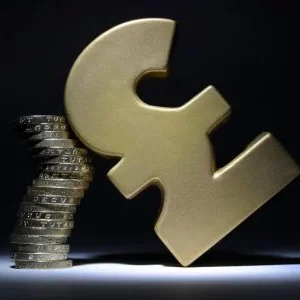A two-day Dialogue on traditional knowledge, biodiversity, and health held on 1–2 October 2025 at the University of Ottawa, Canada, set the stage for strengthened Indigenous-led engagement in global health and biodiversity governance. The event, titled Ottawa Dialogue on Traditional Knowledge, Biodiversity and Health: Restoring Trust, Strengthening Partnerships, and Advancing Indigenous-Led Pathways, brought together 25 participants, including Indigenous Elders, knowledge holders, community leaders, researchers, policy-makers, medical practitioners, and UN representatives. Hosted by the World Health Organization (WHO) in collaboration with Docip, the Ărramăt Project, and Tinhinan Canada Association, the Dialogue was a critical step toward co-developing WHO’s forthcoming Framework on Indigenous Knowledge, Biodiversity and Health.
Held during the 10th anniversary events of Canada’s Truth and Reconciliation Commission’s Final Report, discussions focused on truth-telling, reparative justice, and respectful, rights-based engagement. Algonquin Anishinaabe Elder Claudette Commanda opened the Dialogue with a ceremonial blessing and reflection, emphasizing the protection of Indigenous knowledge from misappropriation. WHO’s Biodiversity and Health Focal Point, Cristina Romanelli, highlighted the organization’s commitment to supporting Indigenous leadership through co-creation of a Framework that would serve as a blueprint for respectful engagement across all seven sociocultural regions.
First Nations, Inuit, and Métis leaders outlined the Framework’s core pillars: trust, reciprocity, free, prior, and informed consent (FPIC), equity, and a holistic understanding of health and biodiversity grounded in Indigenous rights and worldviews. Over the two days, participants shared insights grounded in lived experience, connecting the wellness of lands, waters, biodiversity, and people as inseparable from health and well-being. Central themes included Indigenous data sovereignty, intergenerational and gender equity, cultural safety, and the integration of Indigenous knowledge systems, culture, language, and methodologies into governance frameworks.
The Dialogue also highlighted the historical significance of the Convention on Biological Diversity Subsidiary Body on Article 8(j) and its Programme of Work, recognizing Indigenous Peoples’ leadership in biodiversity governance. WHO experts, including Dr. Geetha Krishnan, emphasized that the Global Traditional Medicine Centre catalyzes ancestral knowledge alongside modern science, with biodiversity, Indigenous Peoples, and traditional knowledge as a dedicated focus area. Respect, reciprocity, and FPIC were reaffirmed as guiding principles for the co-design of the WHO Framework.
Outcomes from the Dialogue will inform the draft WHO Framework on Indigenous Knowledge, Biodiversity and Health, which will be shared with Indigenous Peoples across the seven sociocultural regions at the first meeting of the Convention on Biological Diversity Subsidiary Body on Article 8(j) in Panama (27–30 October 2025) and at the second WHO Global Summit on Traditional Medicine in India (17–19 December 2025).







